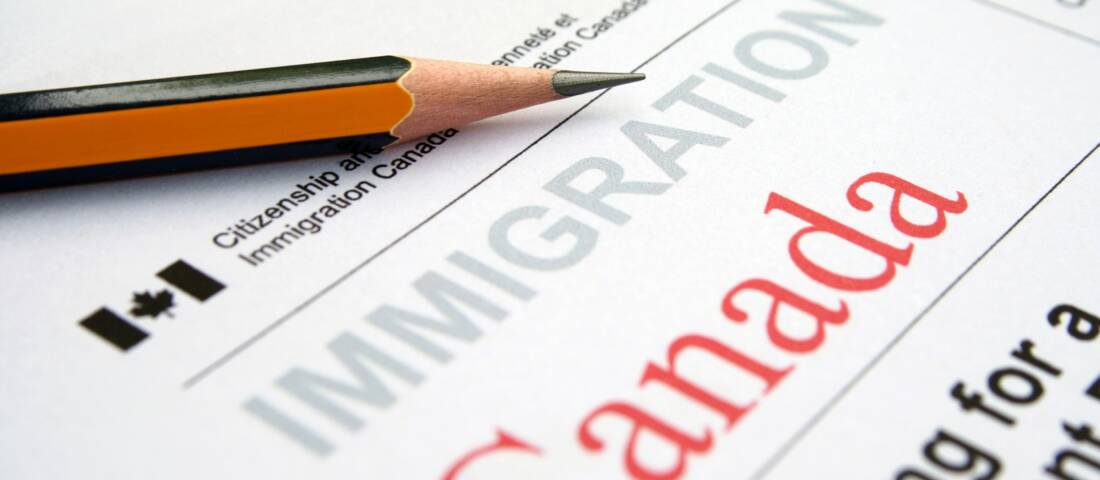BOOK YOUR FREE CASE EVALUATION
Minimum Income Requirements for Sponsors
Many people ask about the minimum required income to sponsor someone to move to Canada. In this article, I will discuss sponsors who are not required to meet the minimum income tests.
IRCC uses LICO (low income cut off) to determine the minimum amount of income an applicant must show in order to sponsor an individual for permanent residence in Canada. LICO is used to determine if a sponsorship applicant will be able to comply with the commitment made in the sponsorship application to provide all the necessary support for a sponsored person once that person arrives in Canada.
In most cases, there is no low-income-cut-off (LICO) for spouse, partner or dependent child sponsorships. However, if either a spouse or partner you’re sponsoring has a dependent child who has dependent children of their own, or a dependent child you are sponsoring has a dependent child of their own, you must meet a minimum LICO score, which is calculated annually by Statistics Canada.
Exceptions to LICO Minimum Income Requirements
If a Canadian citizen or permanent resident is applying to sponsor the following individuals, he or she does not need to meet the strict LICO income tests:
- the sponsor’s spouse, common-law partner, or conjugal partner who has no dependent children; or
- the sponsor’s spouse, common-law partner, or conjugal partner who has a dependent child (or children) but that child has no dependent children; or
- a dependent child of the sponsor, but that child has no dependent children.
In these cases, the sponsorship application should be approved so long as the sponsor is a Canadian citizen or permanent resident, and the relationship between the sponsor and the sponsored person is established as genuine. The sponsor must meet all other sponsorship qualifications for a successful application.
The fact that the sponsor does not need to meet the LICO provisions does not mean that finances will not play a part in the application. For example, if a sponsor is collecting social services, then that individual may be barred from sponsoring.
If the sponsor cannot show the ability to support themselves, then they may be barred from sponsorship: the sponsor will have to show some ability to support both themself and the sponsored applicant once he or she arrives in Canada, even if it is less than the LICO minimum income levels.

If you don’t meet the LICO levels and you are sponsoring a spouse, common-law partner or conjugal partner (and even if there are dependent children who do not themselves have children), you can sponsor but you will have to show an ability to support everyone once they arrive in Canada.
It’s a good idea to consult an immigration lawyer if you have questions about your financial qualifications to sponsor someone to move to Canada.
This post does not constitute legal advice – you should consult with a lawyer so he or she can evaluate your unique circumstances and application materials.








